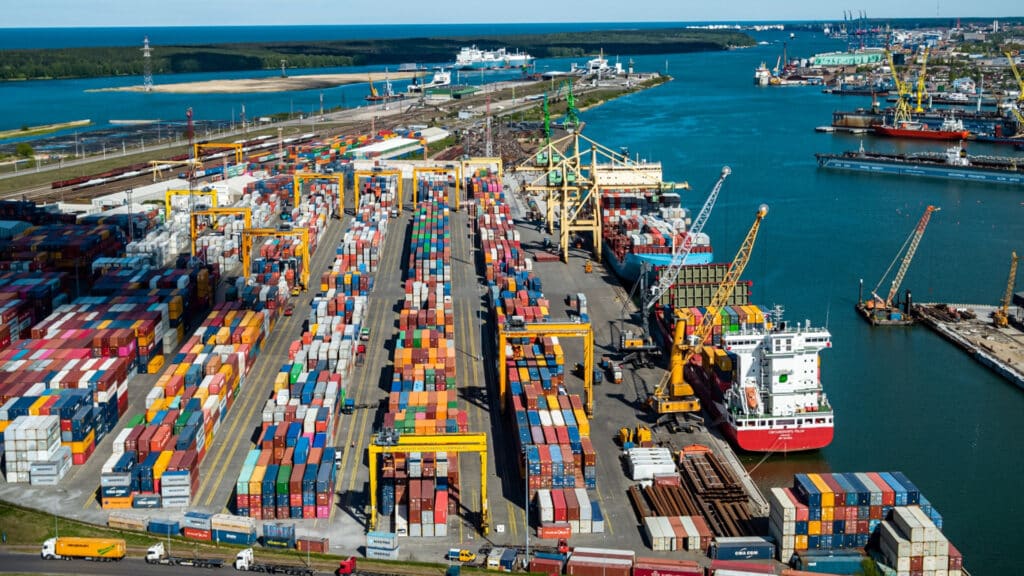Lithuania turns to Central Asia amid anti-Russian sanctions

The Port of Klaipeda in Lithuania, one of the largest ports in the Baltic region, has experienced a decline in cargo volumes due to sanctions imposed on Russia and Belarus. In response to these developments, the port is seeking to attract more shipments from Central Asian countries, according to Algis Latakas, the port manager. Latakas made these remarks during a meeting of the Lithuanian parliamentary committee on economy, as reported by the Interfax-Kazakhstan news agency.
«We are working to attract more cargo from this region of Asia — Kazakhstan, Turkmenistan, Uzbekistan and Azerbaijan — to the Port of Klaipeda,» Latakas said.
He noted that in 2024, the Port of Klaipeda received 139,000 tons of cargo from Kazakhstan, a 47% decline year-on-year (YoY) from 263,000 tons.
«This year’s figures will be lower. Getting from Kazakhstan to Klaipeda by rail is difficult because we have to coordinate with Russia. Most often, this is managed by Kazakhstan,» Latakas explained.
He also highlighted that transportation challenges have complicated the transshipment of Ukrainian grain. Between January and November 2024, the port handled 611,000 tons of Belarusian cargo, primarily food and some chemical products, which are exempt from sanctions. A similar situation exists with Russian cargo, mostly grain. By the end of the year, the volume of Russian grain passing through the port is expected to reach 200,000 tons.
In 2023, the Port of Klaipeda handled 32.7 million tons of cargo, reflecting a 9% decrease YoY.

